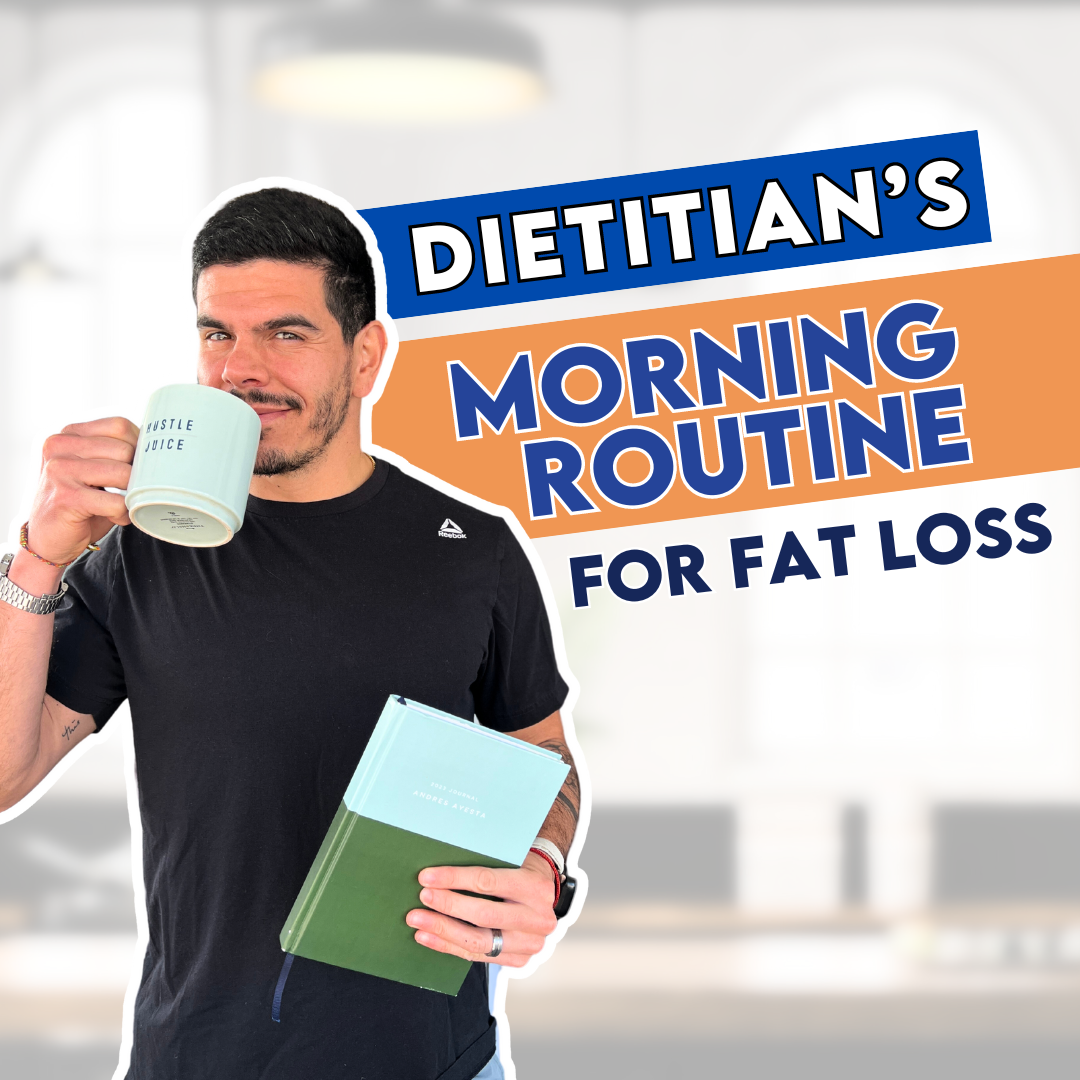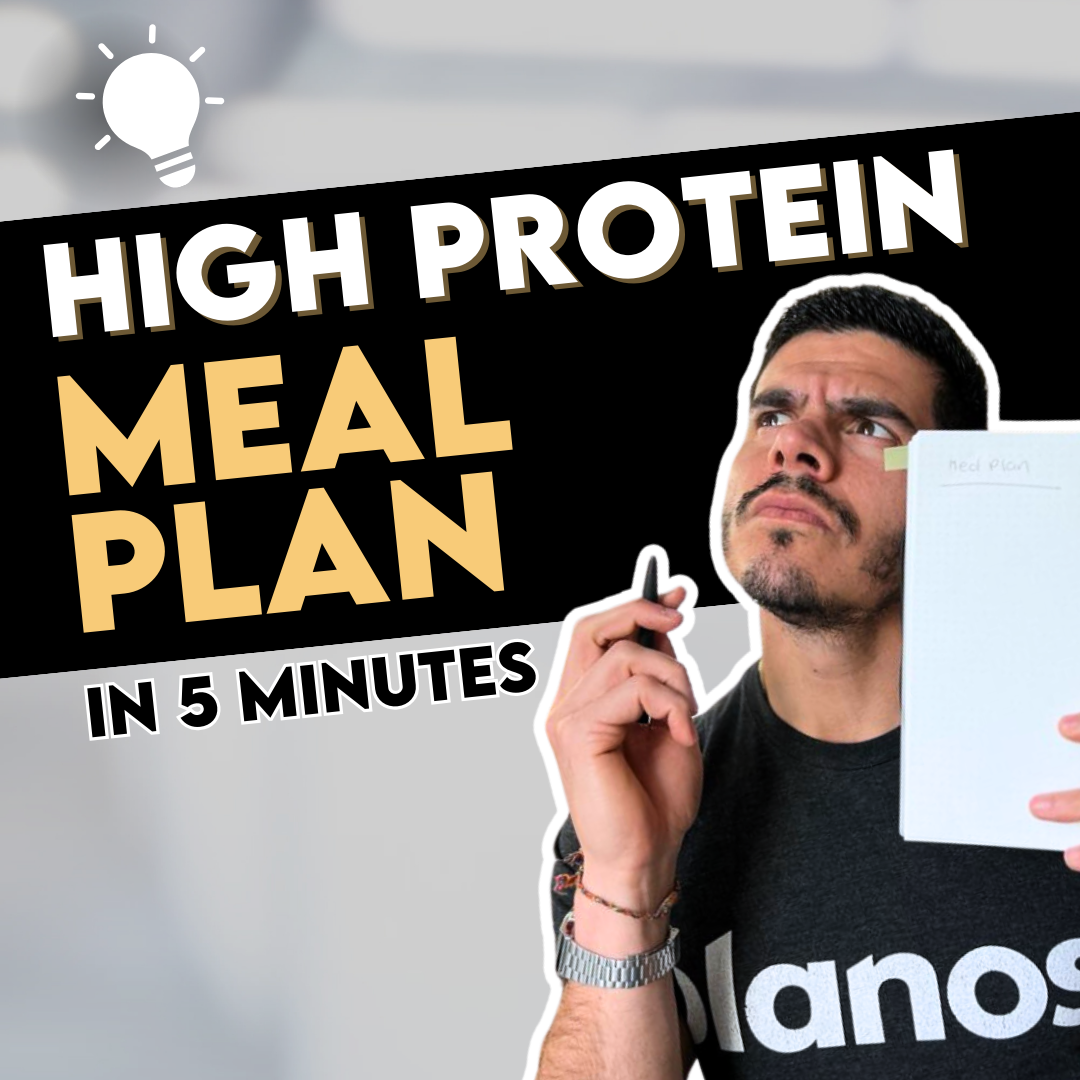It’s time to break the cycle of starting a new diet every January, falling off the bandwagon by February, and dieting on and off throughout the year with no success. You can start by avoiding 4 key mistakes during the holiday season.
4 Nutrition Mistakes You’re Making Over the Holidays
Don’t make these nutrition mistakes this holiday season!
The holiday season is a time when many people worry about falling off track with their health and fitness goals. Most intentions to eat healthy go out the window as people decide – often starting in November with Thanksgiving and going all the way through until Christmas – to indulge in everything the holidays have to offer and “get back on track” in the New Year.
But do you really want to start off the new year with ANOTHER diet?
It’s time to break the cycle of starting a new diet every January, falling off the bandwagon by February, and dieting on and off throughout the year with no success.
Instead of waiting for the new year, I want you to start taking care of yourself now.
We’re going to start off with the four biggest nutrition mistakes I see many people making during the holidays that will harm your health and mindset. Then we’ll get into the TRUTH about holiday overeating and weight gain and the ONE question that can help you avoid nutrition mistakes and make better choices throughout the holiday season.
4 Nutrition Mistakes You’re Making Over the Holidays
MISTAKE 1: Working out to “earn” more calories at night
Purely on an energy in vs. energy out basis, this might make some sense. If you burn more calories earlier in the day, you’ll have more calories for a big meal later. BUT, the mistake here is in the mindset it creates.
Exercise is NOT a punishment for eating the foods you enjoy. Your body needs food to survive, regardless of whether you workout in a day. This need for energy comes from your Basal Metabolic Rate, which is the calories your body uses to keep your heart beating, brain working, tissues repairing, and more.
If you start making the association EXERCISE = PUNISHMENT, it’s going to be a lot harder to motivate yourself to exercise, and you may start to feel guilty about eating certain foods on days when you don’t workout.
Exercise because it improves your mental health, helps you get stronger, increases your energy levels, and reduces your risk of many diseases. Don’t force yourself to do it to compensate for extra calories.
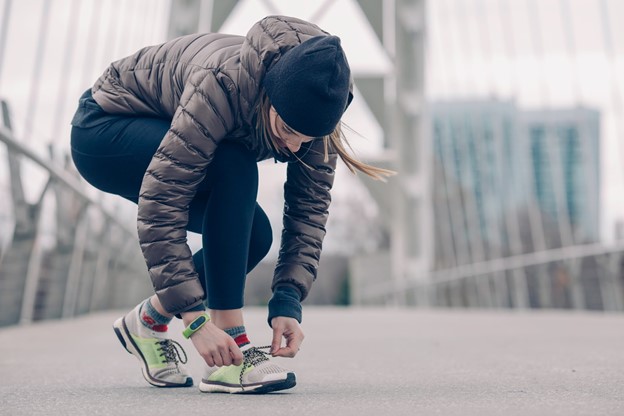
MISTAKE 2: Fasting all day to save calories for a big meal
This one is a recipe for overeating, plain and simple. If you spend your entire day without food, you are going to be so hungry by the time the turkey dinner hits the table that any sense of mindfulness and enjoyment around eating will likely go out the window.
And it makes sense – all your body wants is to get the energy it needs. Not only will you probably eat even more calories than you would have if you’d just eaten normally throughout the day, you’ll probably finish the evening feeling stuffed and sick from eating too much in one sitting.
MISTAKE 3: Restricting food the next day or all week to compensate for overeating.
This kind of mindset can trigger a harmful binge-restrict cycle. By restricting for the week following a big meal, your body will become deprived and those feelings of deprivation can lead to overeating when you run out of willpower. Here’s what it looks like:
Big holiday meal – salad – salad – salad – salad – salad – salad – ALL THE COOKIES, PIZZA, DONUTS, FRENCH FRIES – salad – salad – salad…..you get the idea.
I’ve used salad here as an example, but I’m mostly referring to any kind of diet plan you decide to embark on that severely restricts your calories and food choices.
Research has shown that dieting can result in eating binges once food is available and it has psychological impacts such as preoccupation with food and feelings of dissatisfaction and anxiety (1).
MISTAKE 4: Thinking weight gained is fat
Have you done this before? You hop on the scale the day after a big holiday meal to “assess the damage”, and you’re shocked to find it’s just as bad as you thought it would be: you’ve put on 5 pounds overnight!
This immediately sends you into a tailspin, berating your body, getting angry with yourself for not having any willpower, and planning all the ways you’re going to exercise and restrict food to shed those extra pounds.
Good news – you don’t need to immediately hop on the exercise bike and ruin Christmas by trying to get rid of those extra calories! Most likely, your weight will drop back down close to normal within a couple days.
So, why is that?
It’s because most of the weight gain you see on the scale after a big meal or a short period of overeating is not fat. It’s mostly due to water retention, increased glycogen storage, and the weight of the food within your digestive tract.
Now, let’s take a closer look at what happens when you overeat to get a better understanding of the reasons that number on the scale goes up after a big meal.

The Truth about Holiday Overeating
Thermogenesis
When you eat, some of the energy you consume is used in the process of digestion. This is referred to as diet-induced thermogenesis (DIT), and it can account for as much as 10% of your calorie expenditure each day.
Here’s what the DIT for carbs, fats, and proteins looks like:
- Fat provides 9 calories per gram, and its DIT is 0–3%.
- Carbohydrate provides 4 calories per gram, and its DIT is 5–10%.
- Protein provides 4 calories per gram, and its DIT is 20–30%.
Using protein as an example, this means that 20-30% of the calories consumed from protein are used in the process of protein digestion. This is one of the reasons why studies have found that overeating protein, in comparison with the other macronutrients, is helpful in minimizing fat gain (2).
Glycogen Storage
Your body has two ways to store the carbs you eat. It can transform them into fat, in a process called de novo lipogenesis (DNL), but first it’ll want to refill its glycogen stores in the liver and skeletal muscle. Glycogen is the storage form of glucose, which comes from the carbs in your diet.
When you consume a high calorie meal (particularly carbs) you will increase the weight of your liver and muscle. This is because glycogen is stored bound to water. For each gram of glycogen in the liver, it retains 2.4 g of water, and for each gram of glycogen in the muscles, 3 g of water is stored with it.
Therefore, if you have a high carbohydrate holiday meal, your glycogen stores in the liver and skeletal muscle will be fully replenished, and will result in extra water weight.
Conversion to Fat
Once your glycogen stores are full and you take in more calories than your body needs for energy, that’s when excess carbs are converted to fat through DNL. But this only occurs if you regularly consume more calories from carbs than you burn, because it takes a LOT of excess food to cause a pound of fat gain – approximately 3500 extra calories on top of what your body needs.
The likelihood that you will consume that in one meal is very low. Take a look at the graphic below about food intake on Thanksgiving (2):
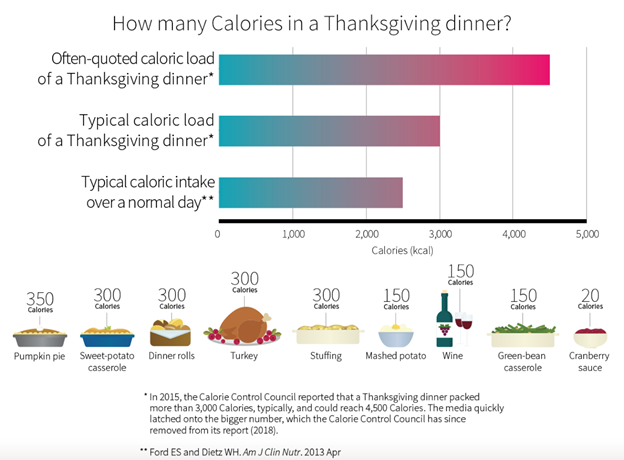
According to a report from the Calorie Control Council, Thanksgiving dinner typically packs about 3000 calories, assuming you have all of the foods listed above. However, this is still not 3000 additional calories. Some of these calories will be burned by your body for fuel immediately.
Plus, when you eat a big meal at night, you may notice that you are a little less hungry the next day, and you may naturally consume less food – not because you’re restricting, but because your body just doesn’t need as much food to feel satisfied.
Therefore, the actual calorie surplus created by one holiday meal will likely be very minor, and will only cause fat gain if you continue to overeat over multiple days.
Excretion and water retention
A final source of increased scale weight that is not associated with fat gain is the weight of the food travelling through your intestinal tract. More food=more weight! This weight will disappear once the food is excreted.
Water retention, as mentioned above in our discussion of glycogen, will disappear over time. Another point to note about water retention is that it’s increased by consuming a lot of salt, so that’s why you may see a larger number on the scale after a salty meal.
Key Takeaways
Take a look at the graph below (2):
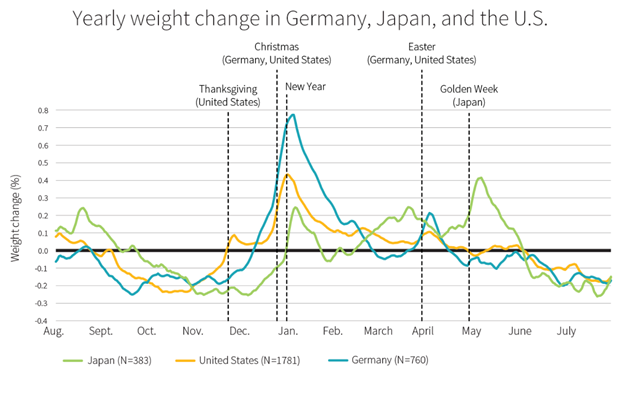
This graph shows that spikes in weight gain in Japanese, American, and German populations typically occur around the holiday seasons. However, this is not because of one big holiday meal; it’s because of the mindset that most people have going into the holiday season. It’s an “all-or-nothing” or a “what the hell” mindset.
Around the holidays, people know they’re going to be eating more food than usual and they won’t be able to maintain their typical healthy diet. So instead of accepting that and doing their best to balance healthy choices with enjoyment, they decide that if they can’t do things perfectly, they should just give up completely. They proceed to eat all the sweet and high-calorie foods they can during the holiday season before restricting again when the holidays are over.
Rather than going that route, I want you to picture something for me: how do you want to feel this holiday season?
Do you want to feel stuffed and sluggish from overeating sugary foods? Do you want to feel uncomfortable in your body because you’re making the nutrition mistakes above not giving it the nourishment it needs?
Or would you rather feel happy, energized, and both emotionally and physically satisfied by eating a combination of nutrient-dense options and holiday treats?
So before you make food choices this holiday season, keep asking yourself that question: “How do I want to feel?” and use that as your guide.
References
- Polivy J. Psychological consequences of food restriction. Journal of the American dietetic association. 1996 Jun 1;96(6):589-92.
- Leaf A. How to minimize fat gain during the holidays [Internet]. Examine; 2020 Mar 10 [cited 2020 Nov 23]. Available from: https://examine.com/nutrition/meta-minimizing-fat-gain/
- Leaf, A. Can one binge make you fat? [Internet]. Examine; 2020 Nov 21 [cited 2020 Nov 23]. Available from: https://examine.com/nutrition/can-one-binge-make-you-fat/
TO CONNECT WITH ME
On Instagram: www.instagram.com/andresayesta
On TikTok: https://vm.tiktok.com/tLLoyS/
On Youtube www.youtube.com/c/andresayesta
Podcast IG page: www.instagram.com/planos_nutrition
On Facebook: https://www.facebook.com/planosnutrition
Our Facebook Community: https://www.facebook.com/groups/1934943366627043/?ref=bookmarks
FREE RESOURCES
To download my Macro Counting Guide tap here
To download my Macro-Friendly Meal Planning Guide tap here
TO JOIN OUR PRIVATE FACEBOOK COMMUNITY
Planos Nutrition Club – tap here
FOR NUTRITION COACHING
Apply here at https://planosnutrition.com/application
explore more
explore more

